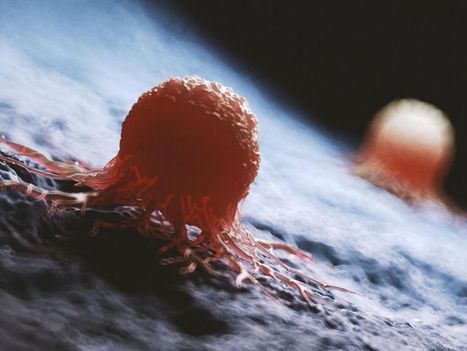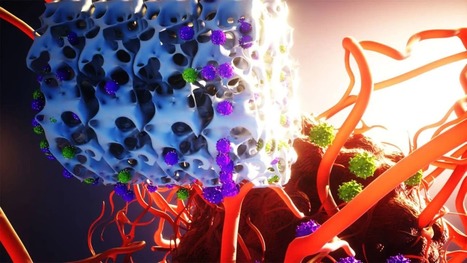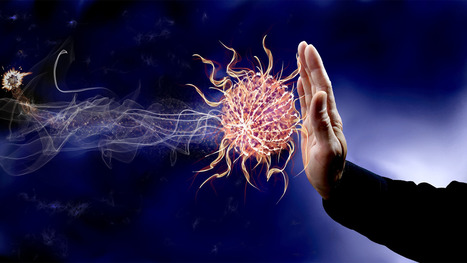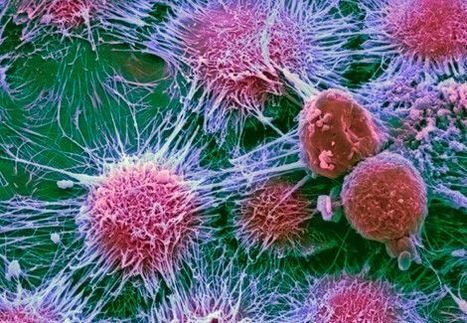In the context of relapsed and refractory childhood pre-B cell acute lymphoblastic leukemia (R/R B-ALL), CD19-targeting chimeric antigen receptor (CAR)-T cells often induce durable remissions, which requires the persistence of CAR-T cells. In this study, we systematically analyzed CD19 CAR-T cells of 10 children with R/R B-ALL enrolled in the CARPALL trial via high-throughput single-cell gene expression and T cell receptor sequencing of infusion products and serial blood and bone marrow samples up to 5 years after infusion. We show that long-lived CAR-T cells developed a CD4/CD8 double-negative phenotype with an exhausted-like memory state and distinct transcriptional signature. This persistence signature was dominant among circulating CAR-T cells in all children with a long-lived treatment response for which sequencing data were sufficient (4/4, 100%). The signature was also present across T cell subsets and clonotypes, indicating that persisting CAR-T cells converge transcriptionally. This persistence signature was also detected in two adult patients with chronic lymphocytic leukemia with decade-long remissions who received a different CD19 CAR-T cell product. Examination of single T cell transcriptomes from a wide range of healthy and diseased tissues across children and adults indicated that the persistence signature may be specific to long-lived CAR-T cells. These findings raise the possibility that a universal transcriptional signature of clinically effective, persistent CD19 CAR-T cells exists. In children with relapsed or refractory B cell acute lymphoblastic leukemia and in complete remission after CD19 CAR-T cell therapy, long-lived CAR-T cells express a persistence gene signature that is also present in persistent CD19 CAR-T cells from adults with chronic lymphocytic leukemia.

|
Scooped by BigField GEG Tech |
No comment yet.
Sign up to comment



 Your new post is loading...
Your new post is loading...



















CAR T cells have become an established treatment option for children with a rare form of relapsed or incurable leukemia. One of the key factors determining whether treatment will lead to lasting remission of leukemia is how long the CAR T cells live in the body. One team was able to study the cells of 10 children enrolled in a pioneering clinical trial (CARPALL) for up to five years after their initial CAR T cell treatment. This has enabled them to better understand why some of these CAR T cells remain in a patient's bloodstream, and why others disappear early, potentially allowing the cancer to recur. Using techniques that analyze individual cells at the genetic level to understand what they do, the scientists were able to identify a unique "signature" in long-lived CAR T cells. The signature suggested that long-lived CAR T cells in the blood transformed into a different state that allowed them to continue monitoring the patient's body for cancer cells. As part of the study, the researchers identified key genes in CAR T cells that appeared to enable them to persist in the body for a long time. These genes will provide a starting point for future studies to identify markers of persistence in CAR T-cell products as they are manufactured, and ultimately to improve their efficacy.